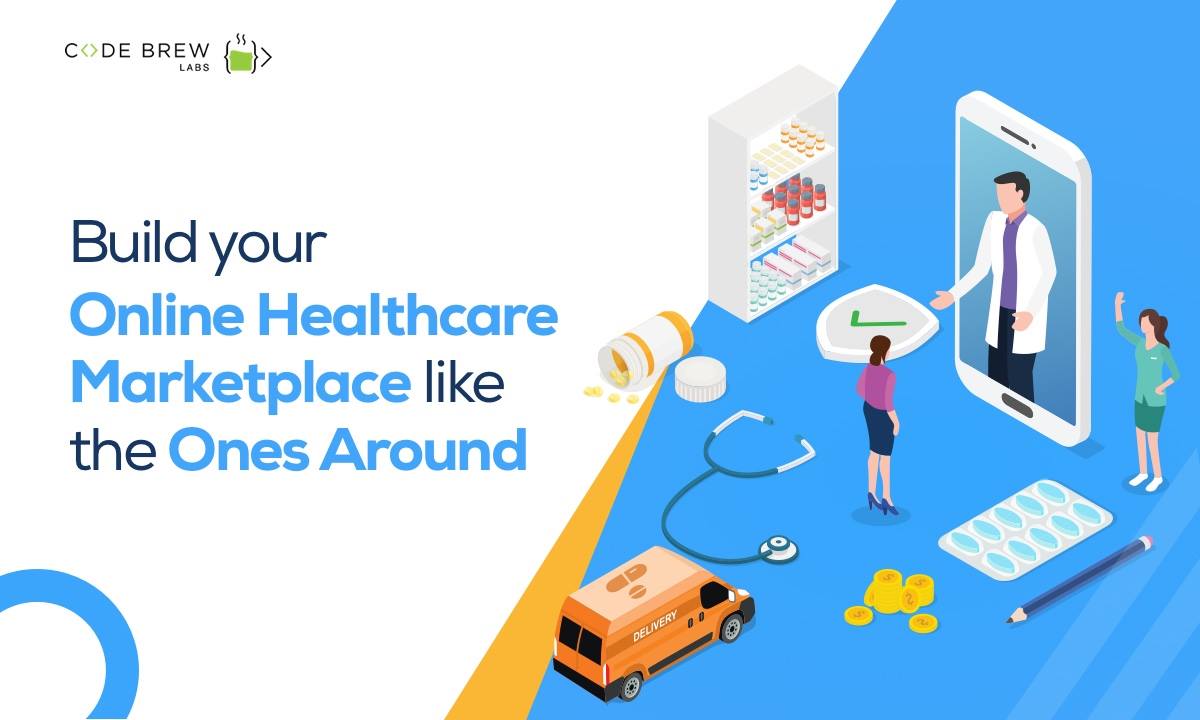How Subscription Based Healthcare is Revolutionizing Patient Access to Services
How Subscription Based Healthcare is Revolutionizing Patient Access to Services
Blog Article
How Subscription-Based Medical Care Is Transforming the Clinical Industry

The Increase of Membership Health Care
In current years, the healthcare market has experienced a substantial change in the direction of subscription-based versions, mirroring more comprehensive customer fads preferring convenience and predictability. This transformation is driven by the increasing demand for more available and customized care solutions. Subscription medical care, often described as attendant medicine or direct primary treatment, uses individuals a fixed monthly fee for an array of clinical services, considerably altering typical fee-for-service versions.
The increase of subscription healthcare is promoted by improvements in innovation, which enable streamlined interaction between providers and people - subscription based healthcare. Digital platforms and telehealth services have become important, offering people the capability to schedule consultations, gain access to medical documents, and receive appointments online. This technological integration not just enhances individual engagement yet likewise permits suppliers to deliver extra efficient treatment
Furthermore, the registration design straightens with the progressing assumptions of patients that look for even more control over their medical care expenditures and experiences. While this version is gaining traction, its proliferation faces challenges such as regulatory hurdles and the necessity for broader approval within the typical medical care ecosystem.
Advantages for Companies and individuals
Subscription-based medical care offers a wide variety of advantages for both people and suppliers, improving the dynamics of medical treatment. For patients, this model supplies enhanced access to health care solutions.
For medical care companies, subscription-based models foster an even more gratifying and sustainable technique. Administrative jobs are usually structured, minimizing overhead prices and enabling service providers to commit more time to patient communication. In general, subscription-based medical care lines up the motivations of carriers and clients, advertising a more patient-centered and efficient medical care delivery system.
Secret Features of the Design
Often, the vital features of the subscription-based healthcare design highlight its distinctive strategy to delivering medical solutions. Central to this version is the concept of predictable, regular monthly repayments, offering people a comprehensive series of solutions without the changability of typical fee-for-service structures. This model typically consists of endless accessibility to primary care services, precautionary treatment, and regular exams, ensuring that patients can engage with their doctor proactively instead of reactively.
Furthermore, direct communication channels, such as telemedicine and messaging platforms, are highlighted, enabling clients to get timely guidance and assessments without needing in-person appointments. This enhances accessibility and convenience, particularly for people with flexibility restraints or those living in remote areas. The model also cultivates more powerful doctor-patient connections, as doctor read the article are incentivized to concentrate on long-term health end results as opposed to short-term visits.
Moreover, subscription-based medical care commonly integrates technological technologies, such as digital health documents and wellness monitoring applications, to provide reliable and individualized care. People read this article profit from coordinated and continual care management, which is customized to their specific wellness requirements. Inevitably, these functions collectively produce a patient-centered healthcare experience, focusing on ease of access, price transparency, and preventative care.

Difficulties and Considerations
While the subscription-based medical care model uses countless advantages, it is not without its obstacles and considerations. Registration models might accidentally prefer those with higher socioeconomic standing, possibly widening variations in medical care access for lower-income individuals that might battle with monthly charges.
An additional obstacle depends on regulatory compliance. Subscription-based health care has to navigate an intricate internet of regulations that vary by region, including problems around individual discretion, information defense, and state licensing needs. Ensuring compliance without hindering the design's versatility and advancement can be discouraging for providers.
Furthermore, there is the danger of overutilization or underutilization of services. Clients paying a repaired charge may overuse solutions, resulting in boosted operational expenses, while others might underutilize due to fear of straining the system, possibly disregarding essential treatment.
Future Potential Customers and Innovations
The landscape of subscription-based health care is poised for transformation through arising technologies and advancing leads. As innovation continues to advancement, the integration of artificial knowledge and maker knowing presents significant possibilities to improve diagnostic accuracy and simplify review individual management. Anticipating analytics can change preventative treatment by determining prospective health threats prior to they manifest, therefore minimizing both expenses and the burden on health care systems.
Furthermore, telemedicine is readied to broaden within subscription versions, offering clients increased accessibility to healthcare experts despite geographical restraints. This not only promotes continuity of treatment but additionally empowers individuals to engage even more proactively in their health and wellness monitoring. Furthermore, blockchain modern technology provides possible in securing individual data and making sure interoperability throughout platforms, fostering depend on and openness.
The development of individualized medication is another frontier, with registration versions offering a special structure for delivering tailored wellness remedies. Genetic testing and individualized therapy plans can be perfectly incorporated, straightening patient needs with particular clinical treatments. In addition, partnerships between tech business and doctor are most likely to produce cutting-edge remedies, enhancing patient experiences and outcomes. As these prospects emerge, subscription-based medical care has the possible to redefine just how treatment is provided and accessed.
Verdict
Subscription-based health care is changing the clinical market by offering a more accessible, predictable, and patient-centered method to clinical services. Regardless of challenges such as governing difficulties and possible disparities in accessibility, the subscription design holds guarantee for an extra reliable and customized health care experience.
Registration healthcare, often referred to as attendant medicine or straight key care, provides people a set monthly charge for a variety of clinical services, considerably changing typical fee-for-service models.
Furthermore, the membership design straightens with the evolving expectations of clients who seek more control over their health care costs and experiences. For individuals, this version gives boosted accessibility to medical care solutions. On the whole, subscription-based medical care straightens the incentives of patients and companies, advertising a much more effective and patient-centered healthcare delivery system.
Moreover, telemedicine is established to increase within registration models, offering patients enhanced accessibility to health care experts no matter of geographical restraints. - subscription based healthcare
Report this page